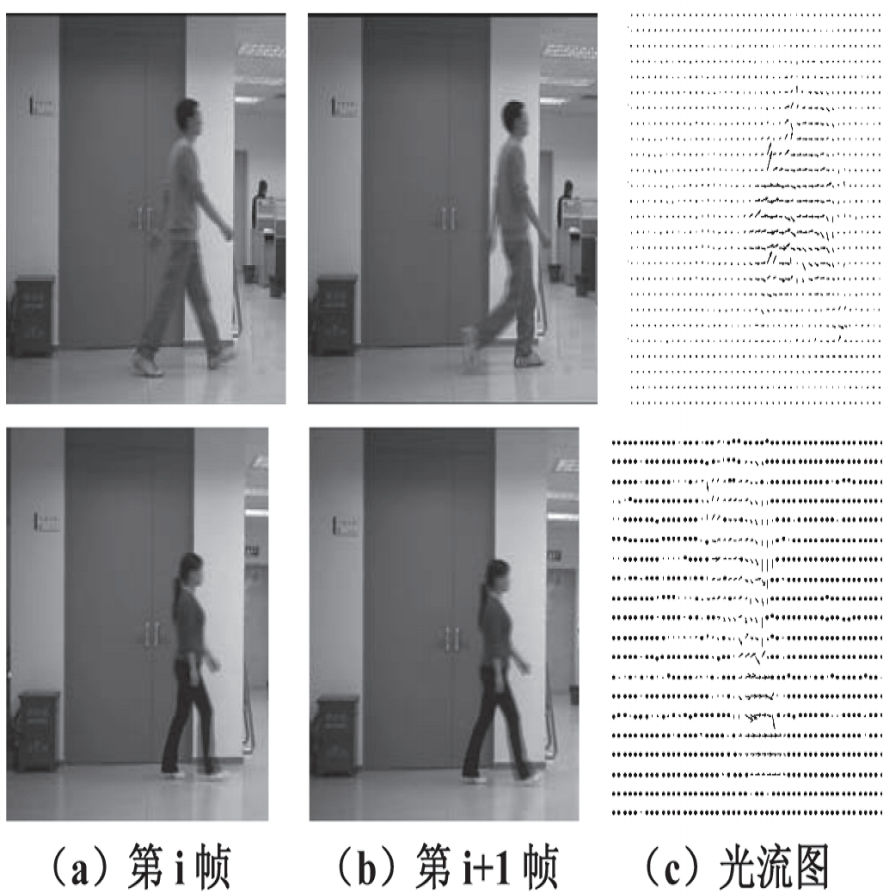Specialized domain knowledge is often necessary to accurately annotate training sets for in-depth analysis, but can be burdensome and time-consuming to acquire from domain experts. This issue arises prominently in automated behavior analysis, in which agent movements or actions of interest are detected from video tracking data. To reduce annotation effort, we present TREBA: a method to learn annotation-sample efficient trajectory embedding for behavior analysis, based on multi-task self-supervised learning. The tasks in our method can be efficiently engineered by domain experts through a process we call "task programming", which uses programs to explicitly encode structured knowledge from domain experts. Total domain expert effort can be reduced by exchanging data annotation time for the construction of a small number of programmed tasks. We evaluate this trade-off using data from behavioral neuroscience, in which specialized domain knowledge is used to identify behaviors. We present experimental results in three datasets across two domains: mice and fruit flies. Using embeddings from TREBA, we reduce annotation burden by up to a factor of 10 without compromising accuracy compared to state-of-the-art features. Our results thus suggest that task programming can be an effective way to reduce annotation effort for domain experts.
翻译:专门领域知识通常对于准确说明深入分析的成套培训资料十分必要,但从域专家那里获取这种培训往往十分繁琐和费时。这个问题在自动行为分析中突出出现,在自动行为分析中,从视频跟踪数据中检测到有关物剂的移动或行动。为减少批注努力,我们介绍TREBA:一种在多任务自我监督的学习基础上,学习批注和模拟有效轨迹的方法,用于行为分析。我们的方法中的任务可以由域专家通过我们称之为“任务编程”的程序来高效地设计。这个程序利用程序来明确将域专家的结构化知识编码。整个域专家的努力可以通过交换数据说明时间来减少,以构建少量的编程任务。我们利用行为神经科学的数据来评估这种权衡,其中专门领域知识用来识别行为。我们在两个领域的三个数据集中展示实验结果:小鼠和水果苍蝇。我们利用从TREBA的嵌入,将意算负担降低到10个系数,而不会影响准确性与州域规划工作相比,我们可以提出一个有效的任务。我们的任务可以减少一个有效的方法。




